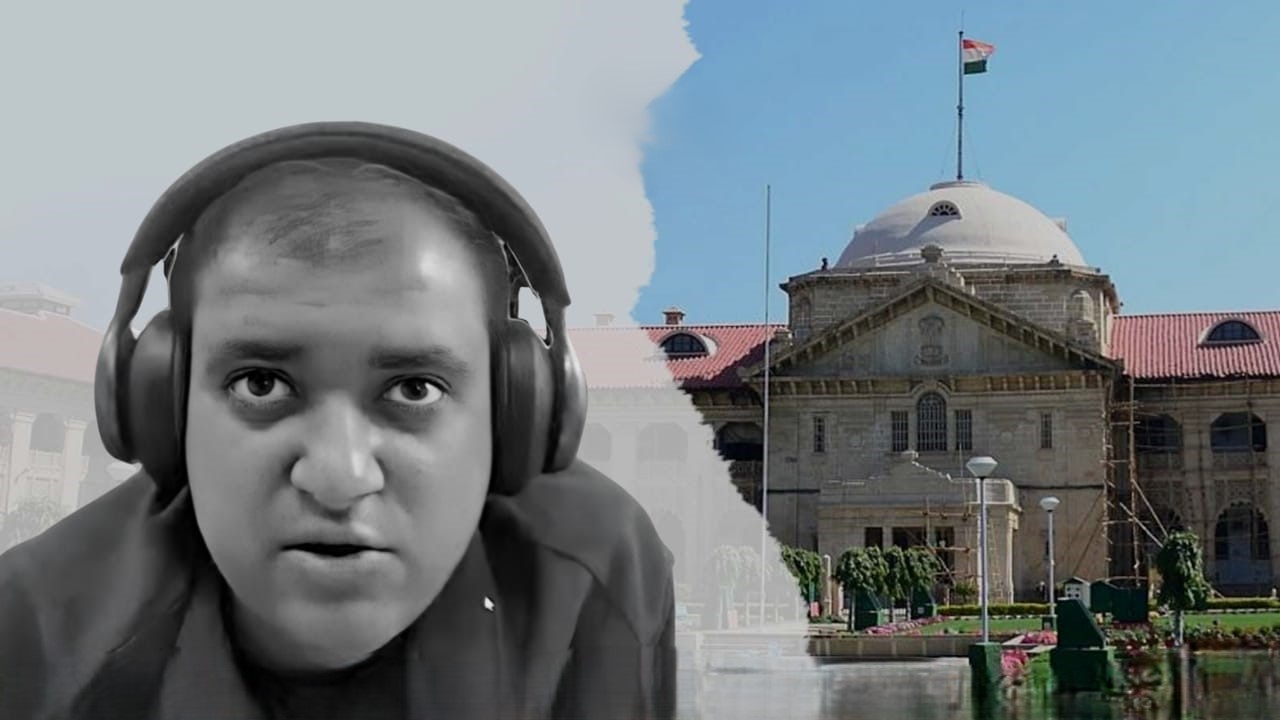
The tragic suicide of Atul Subhash remains a focal point of public interest as legal proceedings progress in the Allahabad High Court. Atul, a respected Artificial Intelligence engineer, was discovered dead under suspicious circumstances earlier this year, prompting serious inquiries into the potential involvement of his family, especially his wife, Nikita Singhania, and her relatives. Recently, the court granted anticipatory bail to Sushil Singhania, Nikita’s uncle, representing a significant turn in this high-profile case.
Table of Contents
Background: Atul Subhash’s Death and Its Aftermath
Atul Subhash, a software engineer from Bengaluru, sadly took his own life earlier this year, leaving many questions unanswered. The events surrounding his death have led to significant speculation, especially regarding the possible involvement of his wife and her family. Atul’s family asserts that he was facing emotional and mental struggles, with claims indicating he may have experienced emotional and financial turmoil related to his marriage. These claims have prompted an investigation into the roles of Atul’s wife and her family in this tragic situation.

Also read this : Top 10 Trending Best 5G Phones Under ₹30,000…
In relation to the suicide, Atul’s wife, Nikita Singhania, was arrested in Gurugram, Haryana, while her mother, Nisha Singhania, and brother, Anurag Singhania, were taken into custody in Prayagraj, Uttar Pradesh. They were subsequently brought to Bengaluru and placed under judicial custody, with police alleging that they contributed to Atul’s suicide. This arrest was primarily based on a suicide note and a video that reportedly implicated them in the incident. The arrests were announced on Saturday morning, and the family members were presented before a local court in Bengaluru, where they were ordered to remain in 14-day judicial custody.
The Legal Battle: Anticipatory Bail for Sushil Singhania

Singhania applied for anticipatory bail, fearing he might also be arrested in connection with the case. The Allahabad High Court reviewed his bail application on Monday. Senior counsel Manish Tiwary, who represented Sushil Singhania, argued that as a senior citizen with a chronic medical condition, Sushil was incapable of committing any criminal acts, let alone abetting a suicide.
Tiwary pointed out potential flaws in the case against Sushil Singhania. The defense contended that the suicide note and the viral video, which have drawn considerable media attention, do not definitively establish Sushil’s involvement in the suicide. While the note suggested distress in Atul’s marriage, the defense maintained that the allegations were more about harassment than direct abetment. The distinction between harassment and abetment was emphasized, with the counsel arguing that the charges against Sushil were largely based on media speculation and lacked sufficient legal backing.
Sushil’s age, his medical condition, and the lack of direct evidence linking him to the suicide were crucial aspects of his defense. The court was urged to protect him from arrest, allowing him the chance to adequately present his case to the authorities in Bengaluru, where the police investigation was still ongoing.
The Court’s Decision and Conditions

After hearing the arguments, Justice Ashutosh Srivastava ruled in favor of granting anticipatory bail to Sushil Singhania. The judge noted that, based on the arguments presented and the information available, Sushil was entitled to the privilege of pre-arrest protection. The court directed that, in the event of his arrest, he would be released on anticipatory bail until the submission of the police report. The conditions of the bail included a personal bond of ₹50,000, with two sureties of the same amount, to be approved by the concerned court or magistrate.
The court also imposed additional conditions to ensure that Sushil complied with the ongoing investigation. These included making himself available for interrogation as needed, refraining from influencing witnesses or anyone associated with the case, and not leaving the country without prior permission from the court. If he possessed a passport, it was to be deposited with the authorities.
Implications for the Case
While Sushil Singhania’s anticipatory bail offers him some temporary relief, the legal battle is far from finished. The proceedings are still active, and the Bengaluru Police are continuing their investigation into the events leading up to Atul Subhash’s suicide. The next steps will likely involve collecting more evidence and witness statements to assess whether the allegations of abetment of suicide are valid or if they stem from misunderstandings of the situation.
This case highlights the intricate nature of suicide-related incidents, especially when claims of harassment and abuse arise. It emphasizes the delicate balance the legal system must maintain between safeguarding the rights of the accused and delivering justice for the victim. Although Sushil Singhania has been granted bail, the issue of whether his family’s actions played a role in Atul’s emotional distress remains unanswered.
Public Perception and Media Influence

This case has attracted significant media attention, with public sentiment influenced by the coverage of the suicide note and the viral video. Media trials can complicate legal processes, placing considerable pressure on law enforcement and the judiciary. In these situations, it is crucial for the courts to maintain impartiality and make decisions grounded in solid evidence rather than the court of public opinion.
As the case unfolds, it will be vital to monitor the legal proceedings closely, remembering that everyone deserves a fair trial and that justice should be founded on facts, not speculation.
Conclusion
Atul Subhash’s suicide has deeply affected his family, and the ongoing legal proceedings will have significant consequences for everyone involved. Although Sushil Singhania has received anticipatory bail, the investigation is still underway, and the courts will need to thoroughly assess the evidence to decide if anyone in Atul’s family bears criminal responsibility for his death. This case not only underscores the personal tragedy of a young life lost but also brings to light broader societal issues related to emotional distress and family dynamics, which can sometimes take a troubling turn. As more information comes to light, the legal system must strive to ensure that justice is achieved, both for Atul and for all those entangled in this intricate case.
